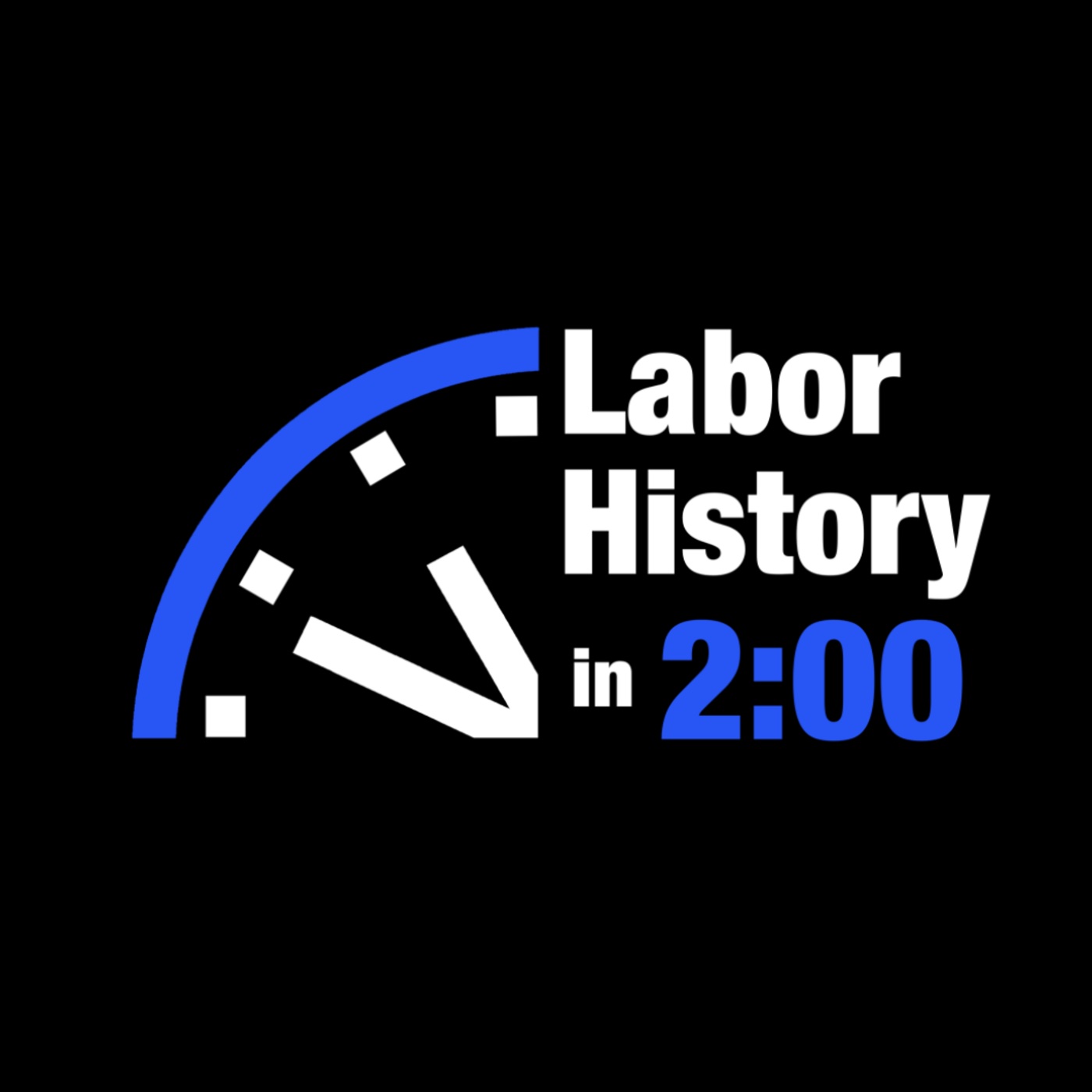Episodes

Monday Dec 23, 2024
December 23 - The Right to Boycott
Monday Dec 23, 2024
Monday Dec 23, 2024
On this day in labor history the year was 1908. That was the day that three leaders of the American Federation of Labor, Samuel Gompers, John Mitchell, and Frank Morrison, were sentenced to jail terms for calling for a Boycott against Bucks Stove & Range.
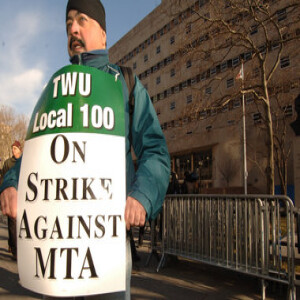
Sunday Dec 22, 2024
December 22 - The Big Apple Comes to a Standstill
Sunday Dec 22, 2024
Sunday Dec 22, 2024
On this day in labor history the year was 2005. At 2:35 that afternoon the Transport Workers Union in New York City called an end to their three-day strike. The union represented 34,000 workers who kept the cities buses and subways running.
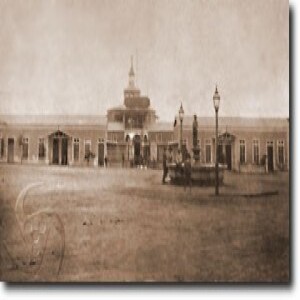
Saturday Dec 21, 2024
December 21 - The Santa Maria School Massacre
Saturday Dec 21, 2024
Saturday Dec 21, 2024
On this day in labor history the year was 1907. At 3:45 that afternoon the Chilean military opened machine gun fire on a school occupied by striking workers. It is estimated that between one and three thousand people died that day in what came to be known as the Santa Maria School Massacre.
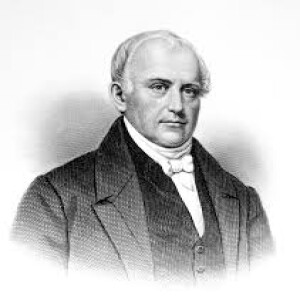
Friday Dec 20, 2024
December 20 - The Father of American Manufacturing
Friday Dec 20, 2024
Friday Dec 20, 2024
On this day in labor history the year was 1790. That was the day that work for many living in the new country of the United States began to change in a significant way. Samuel Slater operated the first cotton spindle machine to spin yarn in the U.S in Pawtucket, Rhode Island. The 48-spindle machine ran on the water power of Pawtucket Falls.

Thursday Dec 19, 2024
December 19 - Greyhound Strike Ends in Bitter Defeat
Thursday Dec 19, 2024
Thursday Dec 19, 2024
On this day in labor history the year was 1983. That was the day that a bitter national strike of Greyhound Workers came to a close. Nearly 13,000 bus drivers, mechanics and clerks had gone on strike. They were members of the Amalgamated Transit Union.
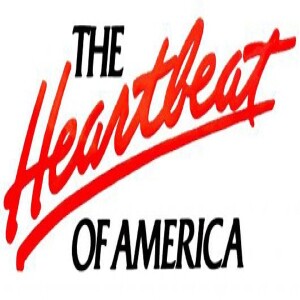
Wednesday Dec 18, 2024
December 18 - The Struggling HeartBeat of America
Wednesday Dec 18, 2024
Wednesday Dec 18, 2024
On this day in labor history the year was 1991. That was the day that thousands of workers at in U.S. General motor factories got some very bad news. The company’s CEO Robert Stampel announced that GM would eliminate 74,000 jobs and close 21 plants. The company was struggling.
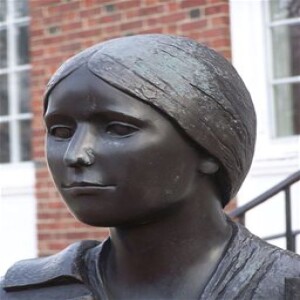
Tuesday Dec 17, 2024
December 17 - The Fighting Deborah Samson
Tuesday Dec 17, 2024
Tuesday Dec 17, 2024
On this day in labor history the year was 1760. That was the day Deborah Samson was born in Plympton, Massachusetts. She was the first known woman to impersonate a man in order to fight in the Revolutionary War. Her family was poor. As a girl, young Deborah, became an indentured servant.
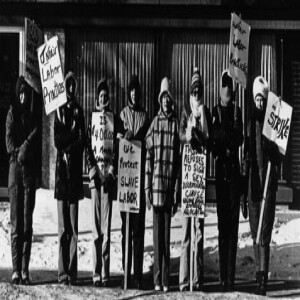
Monday Dec 16, 2024
December 16 - The Willmar 8
Monday Dec 16, 2024
Monday Dec 16, 2024
On this day in labor history the year was 1977. That was the day that eight women in Willmar, Minnesota stood up for their rights in the work place. The women worked at Willmar Citizens National Bank. These women were paid considerably less than the male employees.
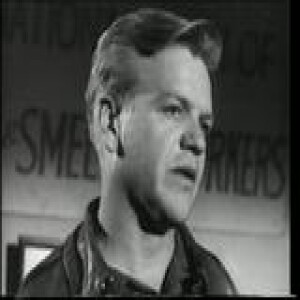
Sunday Dec 15, 2024
December 15 - Death of a Courageous Leader
Sunday Dec 15, 2024
Sunday Dec 15, 2024
On this day in labor history the year was 2005. That was the day the labor movement lost a man who was willing to go to jail to fight for the rights of working people. Clinton Jenks was born in Colorado Springs in 1918. He learned of labor consciousness from his father, a postal worker.
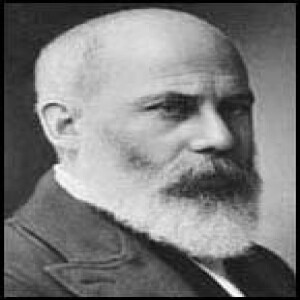
Saturday Dec 14, 2024
December 14 - Socialist Leader Daniel De Leon is Born
Saturday Dec 14, 2024
Saturday Dec 14, 2024
On this day in labor history, the year was 1852.
That was the day Socialist leader Daniel De Leon was born in Curaçao to Dutch Jewish parents. As a young man, he traveled Europe.
He settled in New York City, and earned a law degree from Columbia University in 1878.
De Leon joined the Socialist Labor Party in 1890 and became the editor of its newspaper, The People. His book, Socialist Landmarks, consisting of a series of lectures, became wildly popular.
These lectures included Reform or Revolution, What Means This Strike?, The Burning Questions of Trade Unionism, and Socialist Reconstruction of Society.
De Leon warned of reforms under capitalism as illusory.
He argued for revolutionary socialism and soon assumed leadership of the SLP. As a former Knights of Labor, he was critical of the American labor movement, often referring to the AFL as the American Separation of Labor for its business unionism and refusal to organize any but the most highly skilled, white craft workers.
De Leon also took a strong stand against racism in the Socialist movement, stating “Why should a truly Socialist organization of whites not take in Negro members, but organize these in separate bodies? On account of outside prejudice?
Then the body is not truly Socialist.” De Leon was among the socialist leaders at the founding 1905 conference of the Industrial Workers of the World.
By 1908, he and others looked to effect social change through the Socialist Party and existing trade union movement.
This put them at odds with the direct action perspective of the IWW.
Many left the IWW at this point, including De Leon and Socialist leader Eugene Debs. When he died in 1914, more than 30,000 turned out for his funeral

